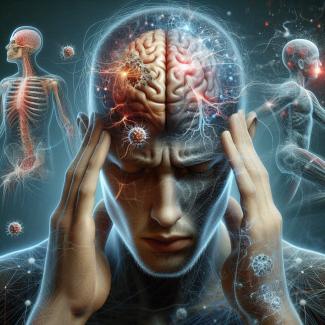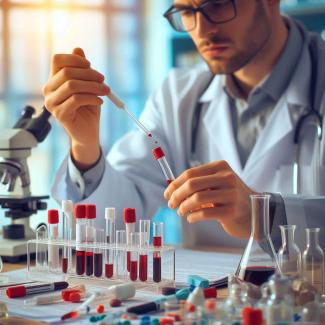
Cancer risk is influenced by a combination of factors. It's important to understand that no single factor can guarantee complete protection from cancer, but a proper combination of healthy lifestyle habits and preventive measures can significantly reduce the risk of developing cancer. Here are some key factors that affect a reduced chance of getting cancer:
- Diet:
- A balanced diet rich in fiber, fresh fruits, vegetables, foods high in antioxidants (e.g., vitamins C and E), and low in saturated fats and processed foods can reduce the risk of developing cancer.
- Limiting the consumption of red meat and processed meat products (e.g., bacon, sausages) is associated with a lower risk of colorectal cancer.
- Reducing alcohol consumption can lower the risk of developing many types of cancer.
- Physical Activity:
- Regular physical activity contributes to maintaining a healthy body weight and reduces the risk of developing cancer, especially colorectal, breast, prostate, and lung cancers.
- Smoking Cessation:
- Tobacco smoking is one of the most significant causes of cancer, so quitting smoking significantly reduces the risk of several cancer types, particularly lung cancer.
- Sun Protection:
- Excessive sun exposure and UV radiation increase the risk of skin cancer, so it's important to use sunscreen and avoid excessive sunbathing.
- Regular Check-ups:
- Early cancer detection can save lives. Regular check-ups with a healthcare provider, self-examinations, and participation in cancer screening programs are crucial.
- Vaccination:
- Vaccination against certain infections, such as hepatitis B and HPV (human papillomavirus), can reduce the risk of liver and cervical cancers, respectively.
- Stress Reduction:
- Chronic stress can weaken the immune system, potentially increasing the risk of cancer. Managing stress and practicing relaxation techniques are essential.
- Genetic Predisposition:
- Some individuals have an increased risk of developing cancer due to genetic factors. Regular check-ups and consultations with genetic counselors can help identify this risk.
- Avoiding Carcinogens:
- Avoiding exposure to carcinogenic substances like asbestos, arsenic, benzene, and radiation can reduce the risk of cancer.
It's important to emphasize that cancer prevention is a multifaceted process that requires a combination of proper nutrition, a healthy lifestyle, regular check-ups, and awareness of risks. Consulting with a healthcare provider and taking individualized preventive measures based on personal risk factors is key to reducing the chance of getting cancer.






